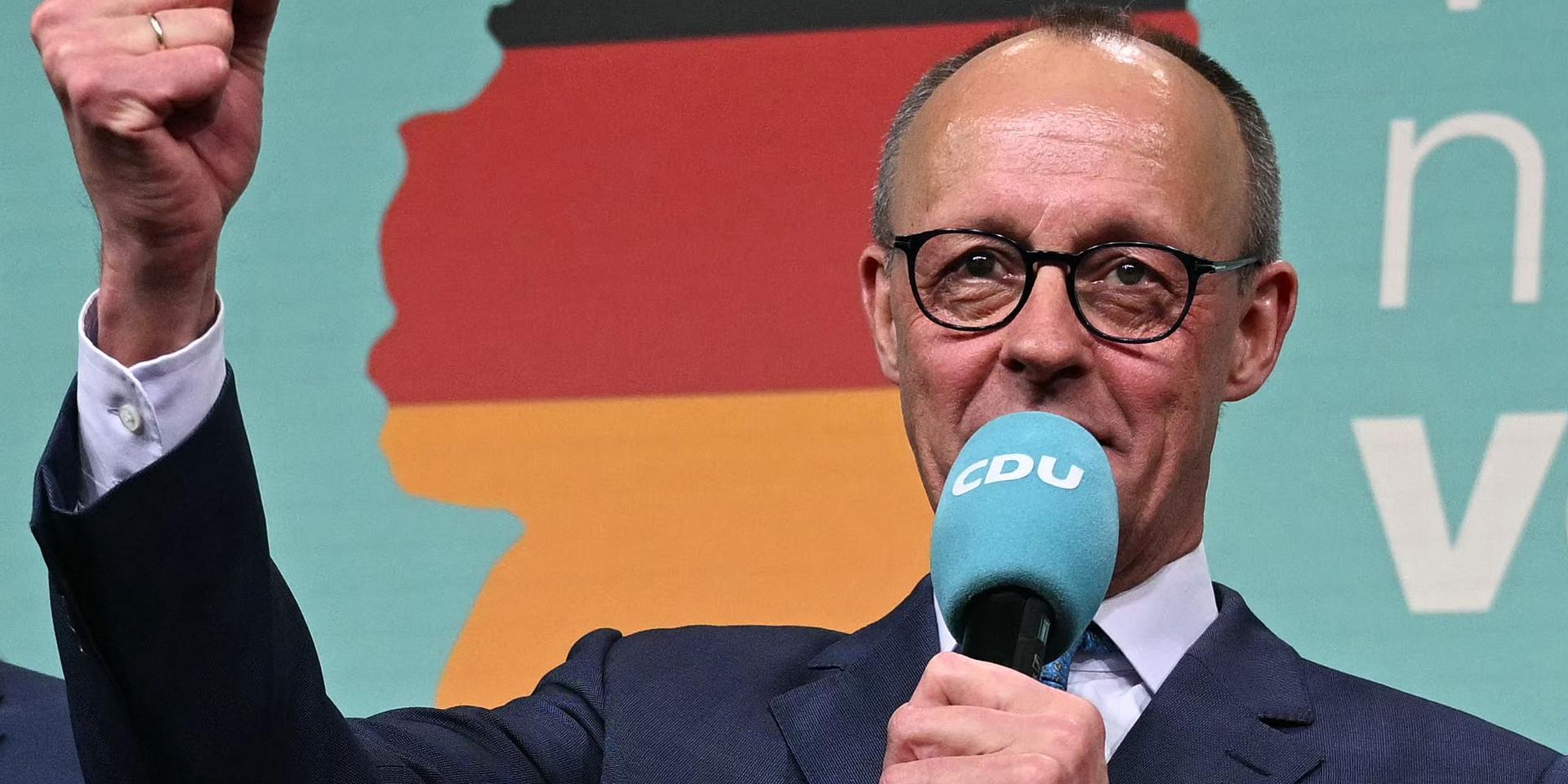Friedrich Merz, the leader of the CDU/CSU bloc, which won the parliamentary elections in Germany, made a bold statement that could influence the geopolitical balance in Europe. Speaking on German television, he emphasized the need to strengthen Europe’s independence from the United States. His words signaled a potential reassessment of transatlantic relations.
Merz noted that the current U.S. administration led by Donald Trump is showing indifference to the fate of Europe, preferring closer ties with Russia. This position is causing serious concern among European leaders. “Our priority is to strengthen Europe as quickly as possible in order to gradually achieve true independence from the U.S.,” Merz emphasized.
Is the Future of NATO at Risk?
Despite Friedrich Merz being known as a supporter of NATO, he suggested the possibility of creating a new European defense structure. In his opinion, there is a risk that the traditional form of the Alliance may lose its relevance if the U.S. political course does not change.
“I’m curious to see how the situation will develop by the NATO summit in June. Perhaps we will have to quickly develop independent European defense capabilities,” Merz stated. His remarks sparked discussions not only among European politicians but also within international expert circles.
Concerns About the U.S. Role in the War in Ukraine
Particular attention was paid to the situation around Ukraine. Merz expressed doubts about the intentions of the American administration, suggesting that the U.S. might join forces with Russia in resolving the conflict without considering the interests of Ukraine and Europe.
“I am not confident about the position of the American government regarding this war in the coming weeks and months. It seems that Russia and America may be making deals over the heads of Ukraine and even Europe,” the politician warned.
What Does the Victory of the CDU/CSU Bloc Mean for Europe?
After the parliamentary elections on February 23, the conservative bloc of the Christian Democratic Union and the Christian Social Union won the most votes. It is expected that Friedrich Merz will become the new chancellor of Germany.
His possible victory signifies a new phase in the politics of Germany and potentially – of the whole of Europe. On the one hand, this could strengthen the defense capabilities of the European Union, on the other hand, weaken the traditional transatlantic ties that have been the foundation of European security since World War II.
Conclusion: European Defense Autonomy or Unity Crisis?
Merz’s statements raise new questions about the future of European security. Is the EU ready for real independence from the US? Is it possible to create a new effective defense structure without NATO support?
Answers to these questions may not only determine the political course of Germany but also the security architecture of the entire continent. One thing is clear: Friedrich Merz’s new course may be the beginning of global changes in world politics.


